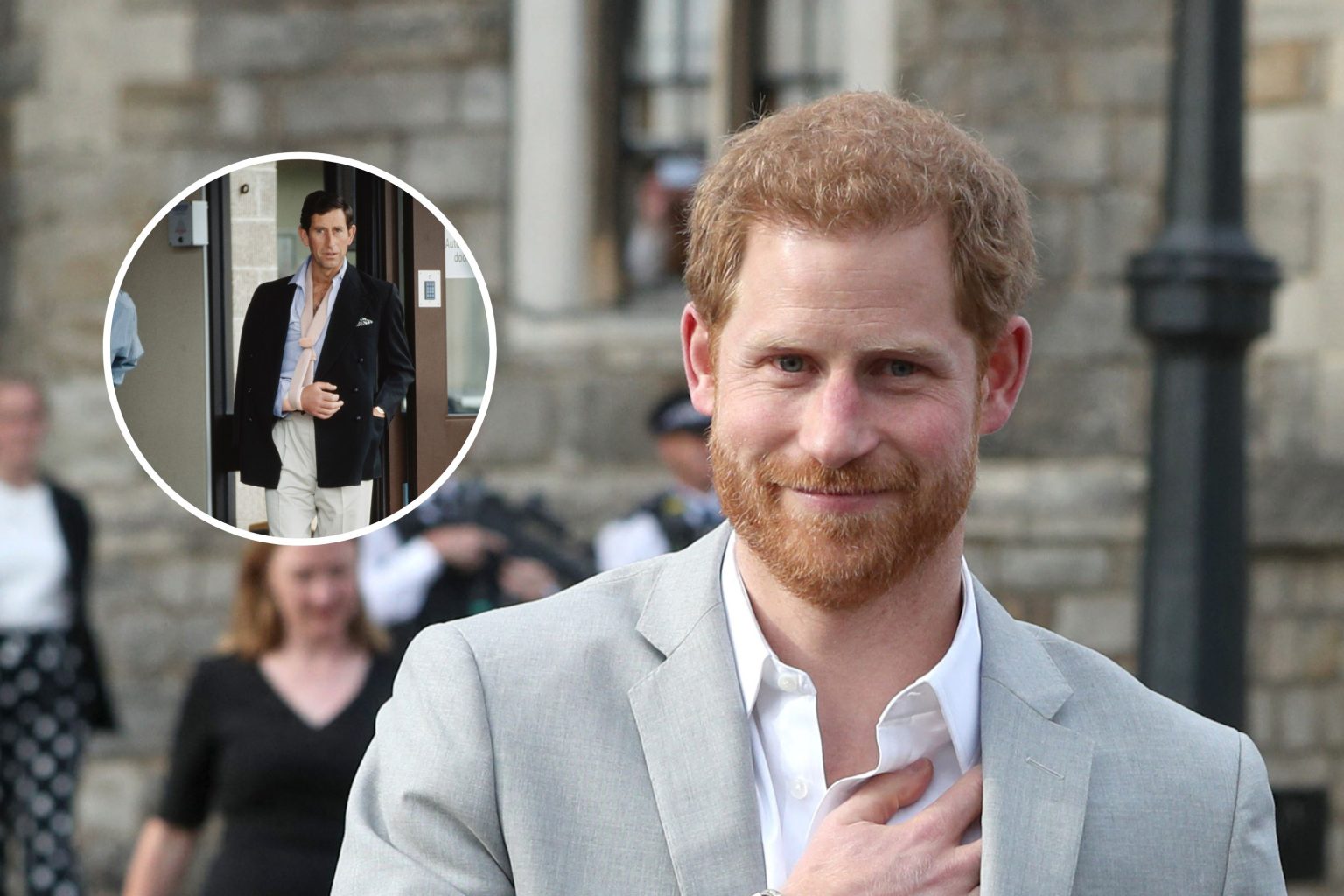Prince Harry recounted a childhood memory in which he witnessed a fellow polo player saving his father, King Charles III’s, life after he had fallen off his horse and swallowed his tongue. The incident left a lasting impression on Harry, who remembered thinking his father was asleep before realizing the severity of the situation. This memory later prompted Harry to take quick action in a similar situation when he saw another player fall off his horse during a polo match in Brazil. He jumped off his own horse and pulled out the man’s tongue, potentially saving his life.
In a TV interview in 2001, King Charles III described the polo accident in which he nearly died, attributing his survival to the quick thinking of the players around him. He joked about the incident, mentioning that his son, Harry, had initially thought he was snoring before realizing the seriousness of the situation. This event occurred just four years after the tragic death of Princess Diana, the mother of Harry and his brother William, in a car crash in 1997. Despite the risks involved in playing polo, King Charles continued to participate in the sport, even after sustaining injuries such as a broken arm in 1990.
Harry reflected on his father’s dedication to polo, despite the physical toll it took on him. He described how King Charles would perform daily exercises, including headstands, to alleviate the pain in his neck and back caused by old polo injuries. These exercises were prescribed by his physiotherapist and required him to prop himself against a door or hang from a bar in a challenging position. Despite the discomfort, King Charles persisted in these exercises, demonstrating his commitment to the sport that he loved.
The incident of King Charles III’s near-death experience during a polo match had a profound impact on Prince Harry, who considered the importance of seizing the moment and taking risks in life. This reflection led Harry to make bold decisions, such as going on a boys’ holiday to Las Vegas despite concerns about the potential risks involved. He saw firsthand the life-saving actions of a quick-thinking polo player, which inspired him to take action in his own life when faced with a similar situation. The memory of his father’s accident served as a reminder of the fragility of life and the importance of acting swiftly in times of crisis.
Despite the dangers associated with polo, King Charles III continued to participate in the sport, displaying both his passion for the game and his resilience in the face of injury. His dedication to polo, despite the physical toll it took on him, was evident in his commitment to performing daily exercises to alleviate his pain. King Charles’s love for polo was a defining aspect of his life, and the near-death experience he faced during a match served as a reminder of the risks involved in the sport. The quick actions of those around him, including his son Harry, played a crucial role in his survival and underscored the importance of being prepared for emergencies.
The incident of King Charles III’s polo accident and subsequent near-death experience highlighted the bond between father and son, as well as the significance of quick thinking and action in times of crisis. Prince Harry’s recollection of the event served as a reminder of the importance of being vigilant and prepared for emergencies, even in seemingly safe environments such as a polo match. The experience of witnessing his father’s life being saved had a lasting impact on Harry, influencing his decision-making process and inspiring him to take bold risks in life. King Charles’s dedication to polo and his resilience in the face of injury served as a testament to his love for the sport and his commitment to overcoming challenges.


